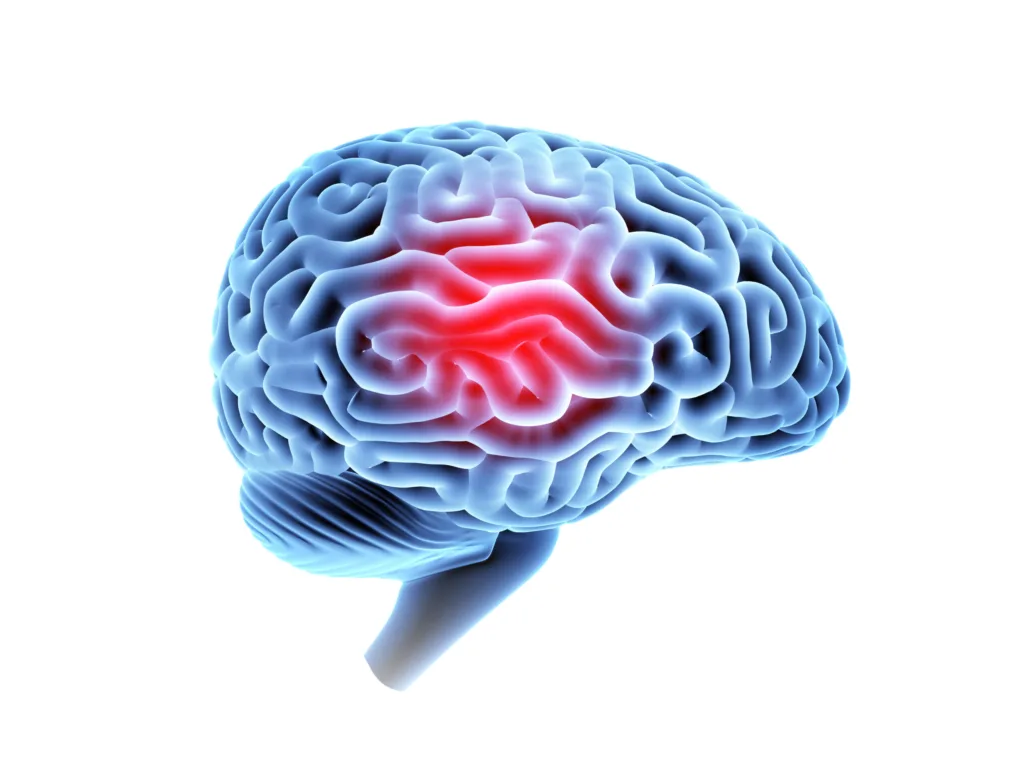
Sexual assault is a traumatic experience that can have profound and lasting effects on a person’s mental health. In this blog, we delve into the intricate relationship between sexual assault and mental health, exploring the emotional toll on victims and highlighting resources available for those seeking support.
The psychological impact of sexual assault
Sexual assault can leave deep scars on a survivor’s mental well-being. The violation of personal boundaries, loss of control and the betrayal of trust can lead to a range of mental health challenges, including anxiety, depression and post-traumatic stress disorder (PTSD).
The aftermath of sexual assault often triggers a complex interplay of emotions. Survivors may grapple with feelings of shame, guilt and self-blame, compounding the challenges they face in the aftermath of the traumatic event. Understanding this intricate connection is essential for offering meaningful support.
The emotional toll on victims
Victims of sexual assault commonly experience a rollercoaster of emotions. Shock, disbelief, anger and fear are just a few of the intense feelings that may arise. The emotional toll can be overwhelming, and survivors need empathetic and nonjudgmental support as they recover.
Sexual assault can strain existing relationships and hinder the ability to form new ones. Trust issues, difficulties with intimacy and fear of vulnerability are common challenges survivors may face in the aftermath of the assault.
The psychological impact of sexual assault can manifest in various mental health disorders. Survivors may experience symptoms of anxiety, depression and PTSD, affecting their daily lives and overall well-being. Understanding these effects is crucial for tailoring effective interventions.
Resources for sexual assault victims
- Seeking Help is A Vital Step Toward Healing: Recognizing and acknowledging the need for support is a courageous first step for survivors. Various organizations offer assistance and resources for sexual assault victims, offering helplines counseling services and support groups.
- Healing Through Professional Support and Therapeutic Interventions: Mental health professionals play a pivotal role in supporting survivors on their healing journey. Therapeutic interventions, such as cognitive-behavioral therapy (CBT) and eye movement desensitization and reprocessing (EMDR), are effective in addressing trauma-related symptoms.
- Strength in Unity Through Supportive Communities: Connecting with other survivors through support groups can be empowering. Sharing experiences, receiving validation and understanding that they are not alone in their journey can foster a sense of community and strength.
- Legal Resources and Navigating the Justice System: Legal resources are crucial for survivors seeking justice and closure. Advocacy organizations can provide information on legal options, connect survivors with legal professionals and guide them through the legal process.
- Educational Initiatives: Promoting awareness and education about sexual assault is essential for breaking the silence and stigma surrounding this issue. Educational initiatives aim to encourage open conversations and empower communities to support survivors.
Get help today
Sexual assault leaves a profound impact on the mental health of survivors, affecting their emotional well-being, relationships and overall quality of life. Understanding the complex interplay between sexual assault and mental health is crucial for offering compassionate support and tailored interventions.
By acknowledging the emotional toll on victims and highlighting available resources, we can collectively work towards creating a society that promotes healing, justice and resilience for survivors of sexual assault. Reach out to our team at High Focus Centers to get the help your or a loved one need and deserve.
Recent Posts
- More Than a Bad Habit: 10 Surprising Addictions and the Mental Health Issues Behind Them
- What Is the Alcohol Use Disorders Identification Test (AUDIT)?
- Is Complaining an Addiction? Understanding the Trap of Victim Mentality
- Understanding Attention Spans: What’s Happening to Our Focus?
- Klonopin Side Effects: Understanding the Risks



